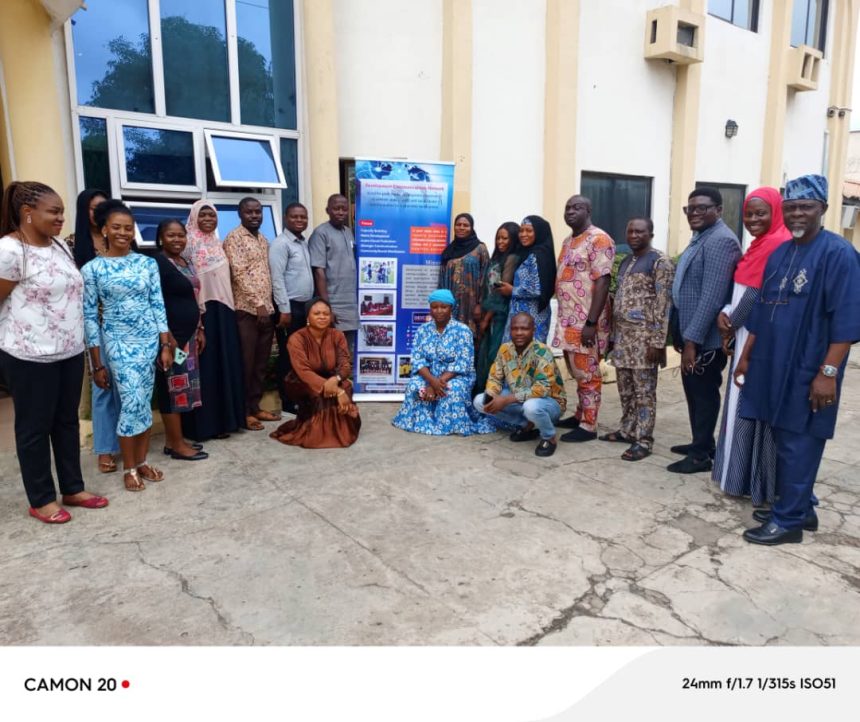From Taiye Joseph, Ilorin
Experts, have called on all levels of government in Nigeria, to offer free family planning services to address the country’s low contraceptive prevalence rate among women.
At a media advocacy roundtable in Ilorin, organized by The Challenge Initiative (TCI) and the Development Communications (DevCom) network, experts underscored the essential role of family planning in managing population growth, reducing poverty, and mitigating health risks.
Dr. John Godwin, a Senior Registrar at the University of Ilorin Teaching Hospital, delivered a presentation titled “Unlocking Sustainable Development through Family Planning: Exploring the Connections between Population, Prosperity, and the Planet.” He highlighted that family planning is crucial for regulating population growth.
“In a society with effective family planning, population growth is managed and slower, reducing pressure on agriculture, natural resources, ecosystems, and national resources.
“This results in decreased insecurity caused by competition for these resources. Family planning provides a balance between population growth and resource availability.”
He outlined the benefits of family planning, including better resource management, improved education quality, and economic growth.
“When family planning is successful, women can fully realize their potential in both small and large-scale businesses. Conversely, inadequate child spacing can lead to poverty, resource shortages, poor health, limited education, and adverse socioeconomic conditions.”
Mrs. Bashirat Adebukola Jatto, the Family Planning Coordinator at the Kwara State Ministry of Health, announced plans to improve the 17% contraceptive prevalence rate among women of reproductive age. “Our goal is to increase this rate, particularly among women in rural areas who face challenges due to misinformation and misconceptions about family planning,” she said.
Mrs. Jatto, emphasized the availability of family planning commodities and services across the state’s 16 Local Government Areas (LGAs) and stressed the need for better accessibility and education. “All government facilities provide family planning services, and we aim to ensure all women can access these services.”
TCI State Programme Lead, Dr. Adewale Abiodun, represented by Mrs. Sharon Gabriel, encouraged parents to discuss family planning with their teenage children and called on media personnel to engage with stakeholders to address the low contraceptive prevalence rate.







